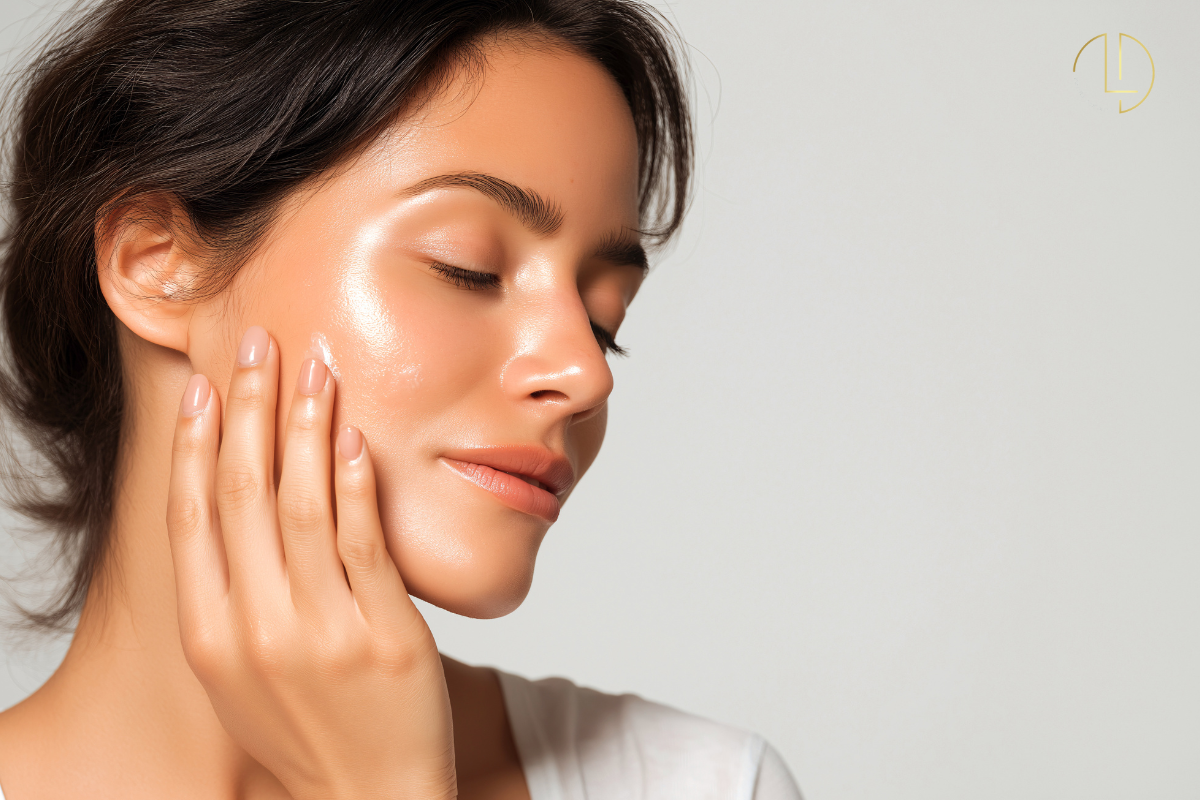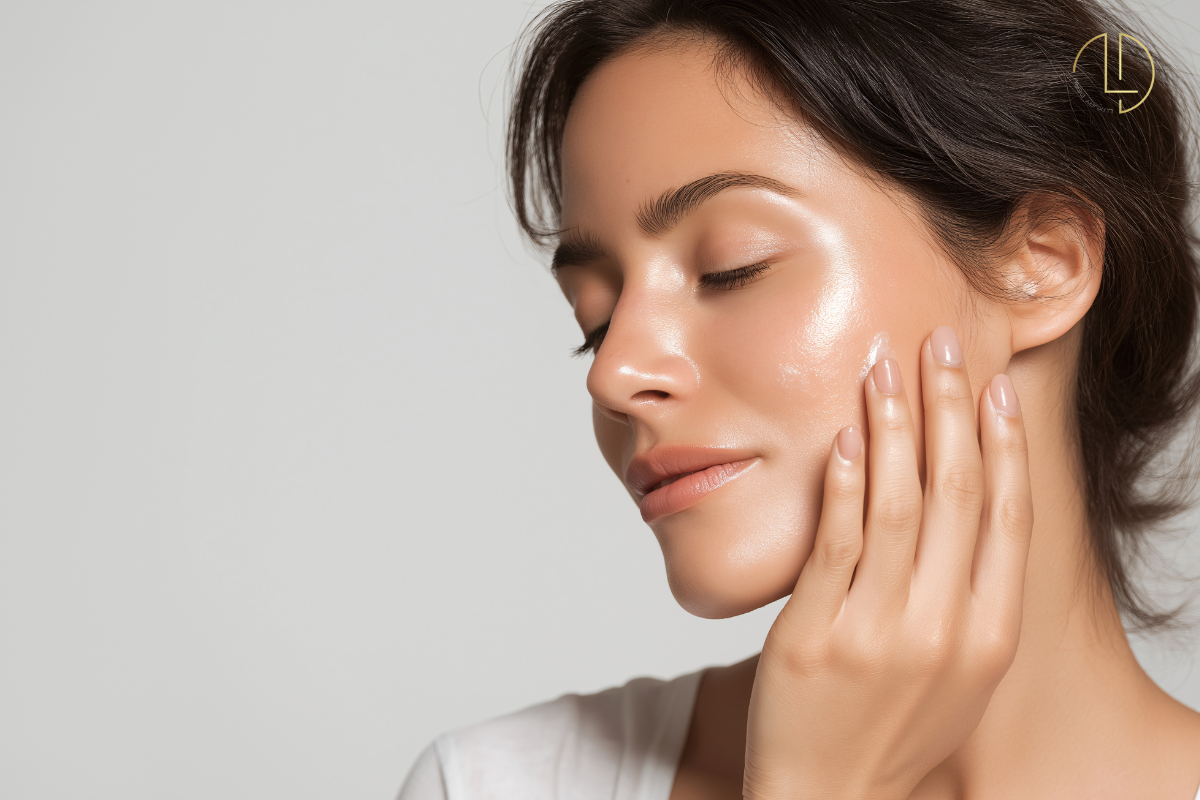Why Luxury Derm Clinic Is the Best Skin and Hair Clinic in Chennai for Advanced Skincare
When people search for the best skin clinic in Chennai, they are no longer looking for basic treatments or short-term fixes. Today’s skincare audience wants advanced solutions, personalised care, visi...








_20250528112649.png)
_20250526122733.png)
 Chat with us
Chat with us